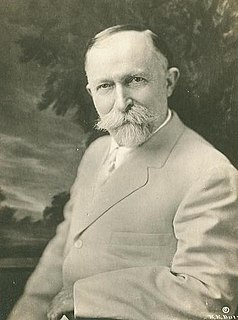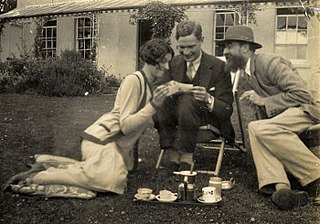A Quote by Aldous Huxley
Deprived of their newspapers or a novel, reading-addicts will fall back onto cookery books, on the literature which is wrapped around bottles of patent medicine, on those instructions for keeping the contents crisp which are printed on the outside of boxes of breakfast cereals. On anything.
Related Quotes
I think that one of the visions that is closest to reality is the cardboard city in the subway station in Tokyo, which is based very closely on a series of documentary photographs of people living like that and of the contents of the boxes. Those are quite haunting because Tokyo homeless people reiterate the whole nature of living in Tokyo in these cardboard boxes, they're only slightly smaller than Tokyo apartments, and they have almost as many consumer goods. It's a nightmare of boxes within boxes.
It seems to me that literature is giving way a little bit to the immediacy of other diversions, other forms of entertainment. What will it be in fifty years? I don't know. Will there be printed books? Probably, but I'm not sure. There's always going to be literature, though. I believe that. I think literature has a way of getting deep into people and being essential. Literature has its own powers.
By believing that only some of our students will ever develop a love of books and reading, we ignore those who do not fall into books and reading on their own. We renege on our responsibility to teach students how to become self-actualized readers. We are selling our students short by believing that reading is a talent and that lifelong reading behaviors cannot be taught.
The breakfast food idea made its appearance in a little third-story room on the corner of 28th Street and Third Avenue, New York City....My cooking facilities were very limited, making it very difficult to prepare cereals. It often occurred to me that it should be possible to purchase cereals at groceries already cooked and ready to eat, and I considered different ways in which this might be done.
There is only one way to read, which is to browse in libraries and bookshops, picking up books that attract you, reading only those, dropping them when they bore you, skipping the parts that drag-and never, never reading anything because you feel you ought, or because it is part of a trend or a movement. Remember that the book which bores you when you are twenty or thirty will open doors for you when you are forty or fifty-and vise versa. Don’t read a book out of its right time for you.
If nobody talks about books, if they are not discussed or somehow contended with, literature ceases to be a conversation, ceases to be dynamic. Most of all, it ceases to be intimate. It degenerates into a monologue or a mutter. An unreviewed book is a struck bell that gives no resonance. Without reviews, literature would be oddly mute in spite of all those words on all those pages of all those books. Reviewing makes of reading a participant sport, not a spectator sport.
It is usual to speak in a playfully apologetic tone about one's adult enjoyment of what are called 'children's books.' I think the convention a silly one. No book is really worth reading at the age of ten which is not equally (and often far more) worth reading at the age of fifty-except, of course, books of information. The only imaginative works we ought to grow out of are those which it would have been better not to have read at all. A mature palate will probably not much care for crème de menthe: but it ought still to enjoy bread and butter and honey.





































